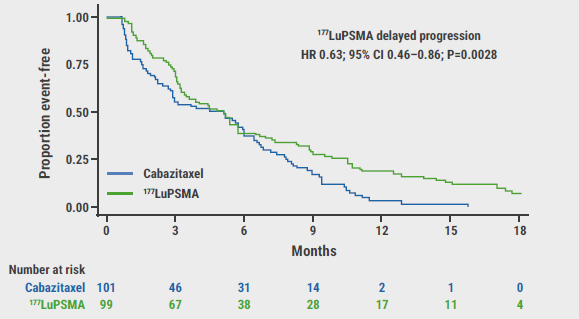"A key step is to diagnose patients with primary NS through systematic recognition of suggestive symptoms and diagnostic evaluation," Dr. Alan Go of Kaiser Permanente of Northern California told Reuters Health by email. "Doing so allows patients to get comprehensive care to manage the syndrome and to begin to work on lowering their risk of cardiovascular events."
"It is important for treating nephrologists and primary care physicians to be aware of and collaboratively work on both aims together with the patient," he noted.
"Lifestyle changes to lower cardiovascular risk, such as stopping tobacco use, increasing physical activity, eating a heart healthy diet, and weight management, can be started right away," he added. "They are effective in combination with other measures to address risk factors such as high blood pressure or abnormal cholesterol levels."
As reported in the Journal of the American Society of Nephrology, Dr. Go and colleagues compared outcomes through 2014 between adults with nephrotic-range proteinuria or NS diagnosed between 1996-2012, and a time-matched (1:100) cohort of adults without diabetes, NS or proteinuria.
They identified 907 adults with primary NS (mean age, 49; 43% women): 655 definite and 252 presumed cases of focal segmental glomerulosclerosis (FSGS, 40%), membranous nephropathy (MN, 40%), and minimal change disease (MCD, 20%).
Compared to controls, those with primary NS had higher adjusted rates of end-stage renal disease (ESRD; adjusted hazard ratio, 19.63), acute coronary syndrome (aHR 2.58), heart failure (aHR 3.01), ischemic stroke (aHR 1.80), venous thromboembolism (aHR 2.56), and death (aHR 1.34).
The highest rate of ESRD was among those with FSGS, followed by MN and MCD. There were no significant differences between the etiology of primary NS and cardiovascular outcomes and death.
Dr. David Goldfarb, professor of medicine and Clinical Director of the Division of Nephrology at NYU Langone Health in New York City commented on the study in an email to Reuters Health: "Since these syndromes are associated with a significant increase in serum lipids - especially cholesterol - and with an increased rate of thrombosis, these are not surprising findings."
"It is useful to demonstrate the risks in such a large study," he noted. "They confirm that inducing remission of NS is important and worthwhile. Before remission is achieved, or if remission is NOT achieved, addressing the risks of these cardiovascular endpoints is critical."
"My own practice is to start treatment with statins immediately on recognition of NS," he said. "That seems sensible, with little risk, but with unproven benefit. 'Baby aspirin' - 81 mg daily - has little risk."
"This study should motivate better studies regarding the use of prophylactic anti-coagulation options in patients with NS," he added. "Clinicians have different practices regarding which patients, with which kidney histologies, and with what severity, should have which anti-coagulation regimens."
SOURCE: https://bit.ly/3w8uumH Journal of the American Society of Nephrology, online June 18, 2021.
By Marilynn Larkin
Posted on
Previous Article
« Add-on daratumumab triples complete-response rate in AL amyloidosis Next Article
Investigational oral medication may help combat postpartum depression »
« Add-on daratumumab triples complete-response rate in AL amyloidosis Next Article
Investigational oral medication may help combat postpartum depression »
Related Articles


December 3, 2021
Bayer’s Nubeqa drug improves survival in prostate cancer trial
© 2024 Medicom Medical Publishers. All rights reserved. Terms and Conditions | Privacy Policy

